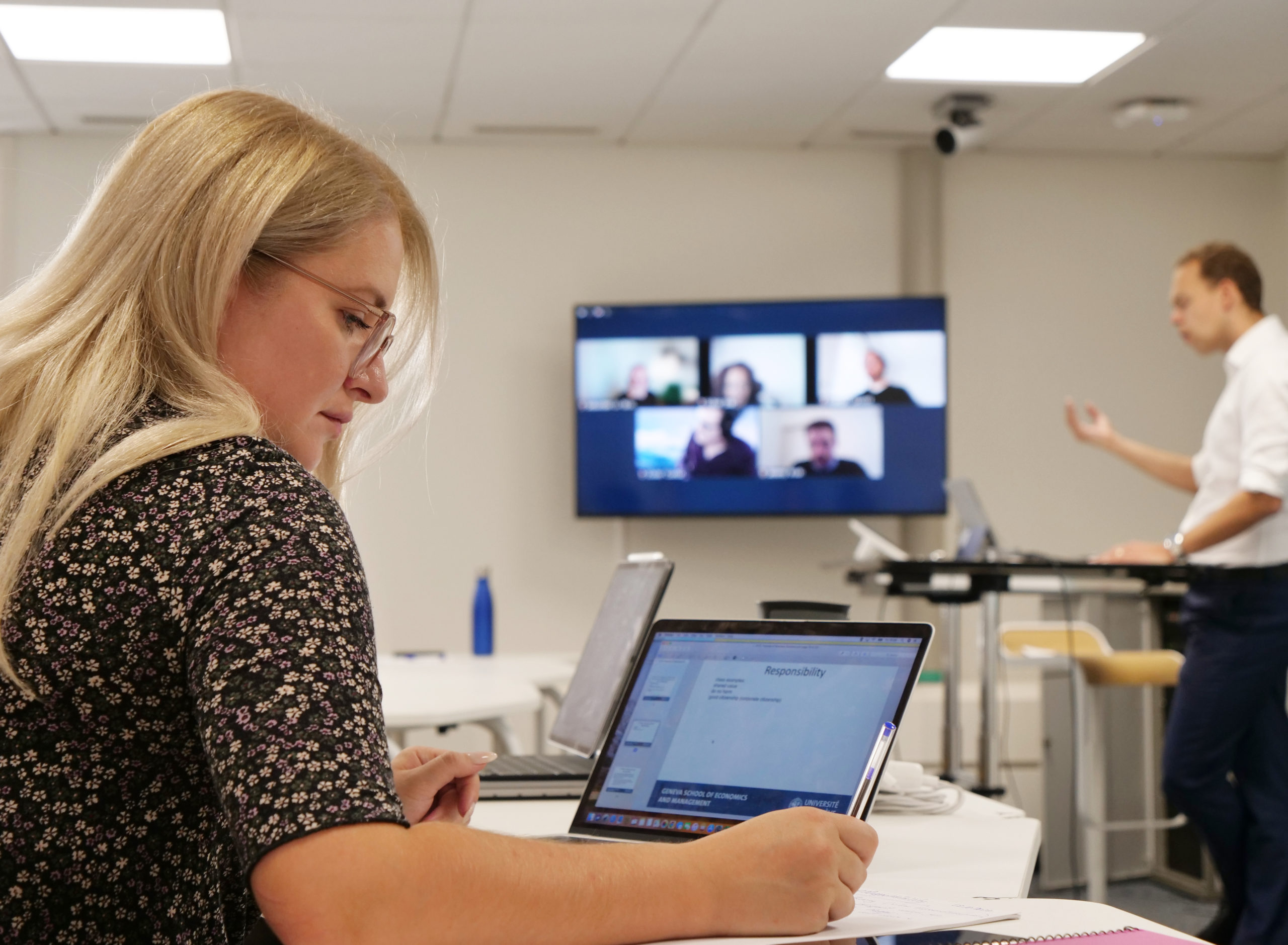For many years, change meant going from point A to point B. For a company, this meant adopting a new strategy, implementing a more streamlined approach, or incorporating innovative technology. For an individual, it meant taking on new responsibility. The means would come later. However, the pace of change quickened at the beginning of the 21st century, with agility and the ability to bounce back rapidly becoming paramount. However, the underlying assumption remained the same: first the goal, then the means.
Covid, climate emergency, and the war in Ukraine disrupted all of that. The pandemic made us experience fear with regard to our health and our lives on a personal level as we realized how unprotected we are as a society in the face of the unknown. Certainly, our governments and the business world reacted as best they could. Global responses were found, which no doubt helped to reduce losses, but the damage is done. We may have lost loved ones, been sick, or at minimum had to go into lockdown. The visceral fear of the unknown, which had disappeared for several generations, has resurfaced. As for the climate, change is already well underway. And without knowing exactly what it means, we all feel that future upheavals will fundamentally change our lives. Finally, the war has given us the impression of being closer to the brink. This time, we are well aware that the geopolitical equilibrium that we took for granted has become far more precarious. We can control nothing in our environment, not ourselves, nor our governments, nor corporate leadership in which we have less and less faith. The sense of security has been shattered.
In this context, creating a credible vision is akin to placing a bet on the future, and choosing an option from among a multitude of possibilities. Hence, the nature of change has changed. Today, the means come first, and with them we define intermediate goals based on the changing environment. We no longer head with determination towards a new destination, but rather take a certain direction and adapt to the prevailing winds. Training or being trained has become a means for us to prepare for adverse conditions, as well as to take advantage of favorable weather when it occurs. It involves agreeing to play rather than sitting on the sidelines. It means taking action rather than being passive and moving forward rather than staying in one place.
A modern EMBA incorporates these goals in three ways. First, through the methods approach that enables us to seize opportunities. Such methods are based on innovation, digitalization, and new business models. They also lie at the intersection of different worlds, such as public-private partnerships, human-machine dialogue, and intercultural communication.
Second, by understanding the means that secure the foundations of a company. These include compliance with legal standards in a society that is becoming more litigious, processes in the face of organizational automation, investment policies, and social and environmental responsibility.
Finally, by recognizing that preparation no longer means simply equipping oneself with tools to be applied. Tools alone do not have the solutions to a constantly changing world. While they are undoubtedly useful from a cognitive standpoint, there is a key dimension that cannot be separated from the collective. We need to harness innovation, market opportunities, and security, the basic underpinnings of a company. To do this, we must forget the illusion that we can manage the paradox alone. Collaboration is essential between the two approaches. Only the long-term diversity of group learning will help us to develop this capacity and, when the time comes, to take action in collaboration with others. The role of the collective is to help us to switch from theory to practice, from observation to action.
We must be ready for change by acquiring multidimensional analysis methods for complexity and training so as to make informed decisions through exposure to diversity. Results will follow because then, rather than changing, we will have set ourselves in motion.
Jean-Yves Mercier
Executive Director



